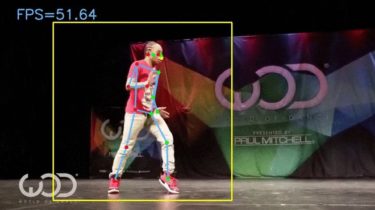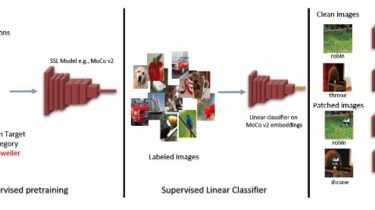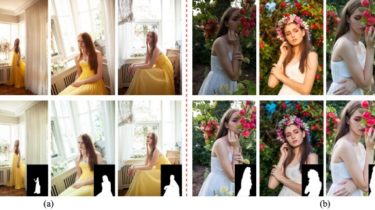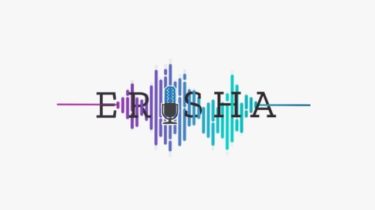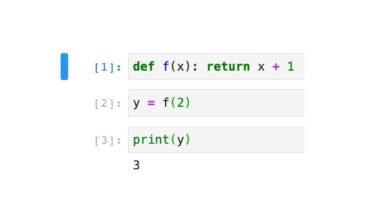CFA (Colour Filter Array) Demosaicing Algorithms for Python
Colour – Demosaicing A Python package implementing various CFA (Colour Filter Array) demosaicing algorithms and related utilities. 1 Features The following CFA (Colour Filter Array) demosaicing algorithms are implemented: Bilinear Malvar (2004) DDFAPD – Menon (2007) 2 Installation Because of their size, the resources dependencies needed to run the various examples and unit tests are not provided within the Pypi package. They are separately available as Git Submodules when cloning the repository. 2.1 Primary Dependencies Colour – Demosaicing requires various […]
Read more

